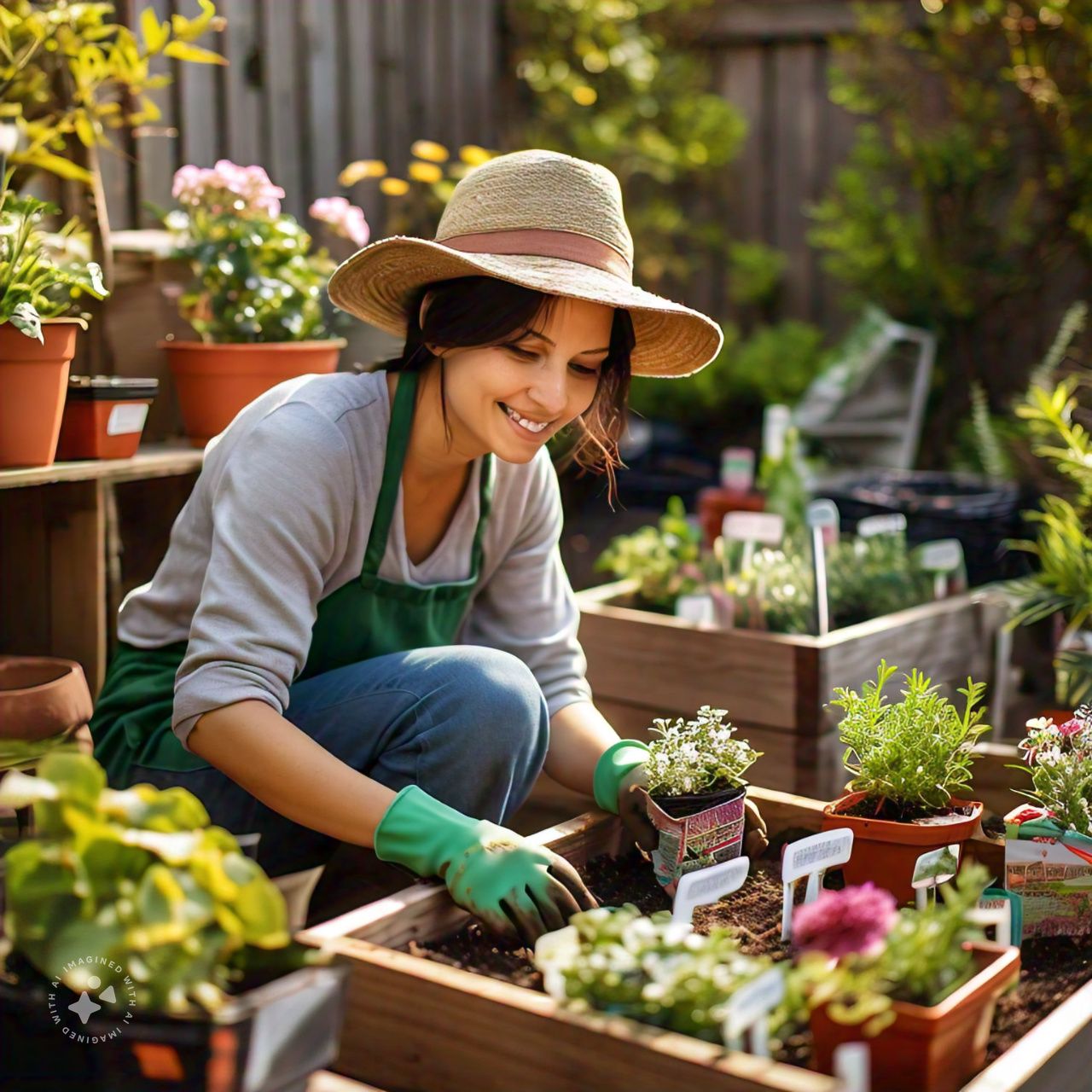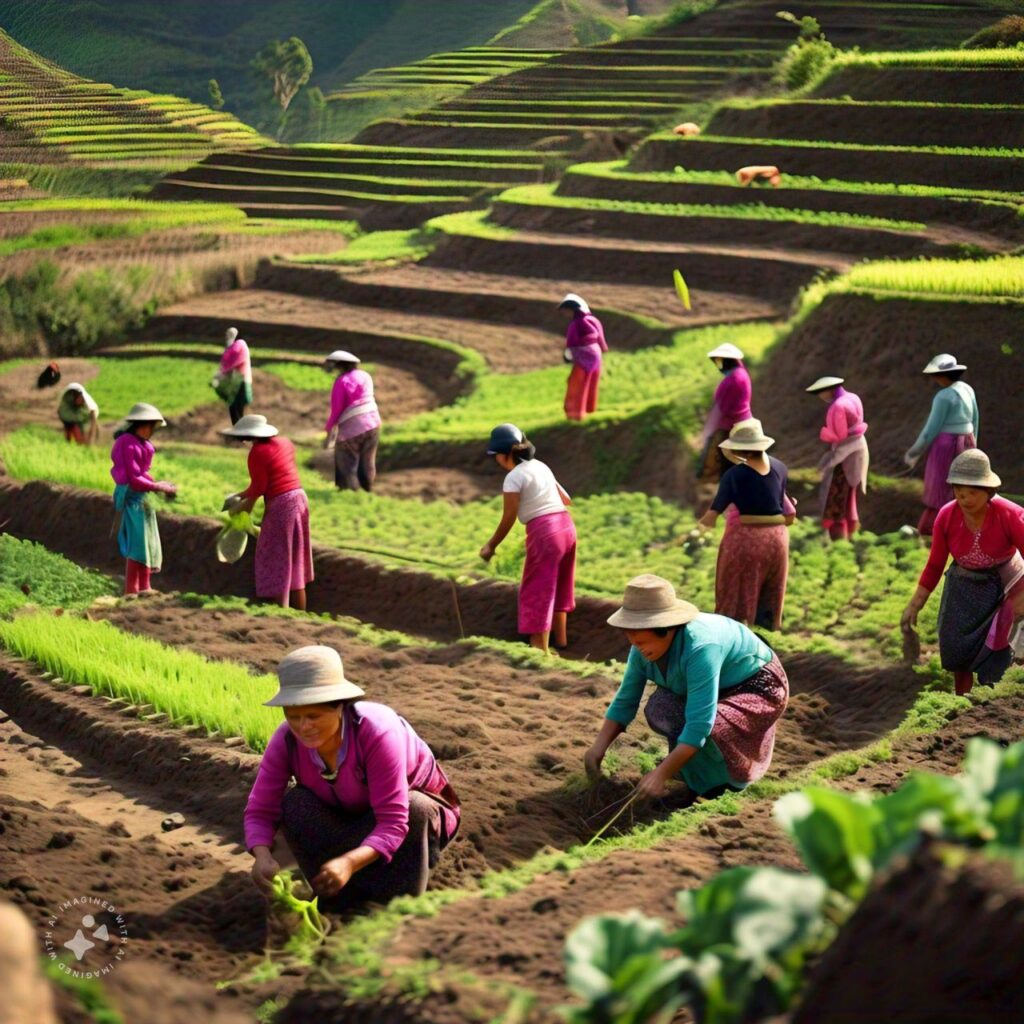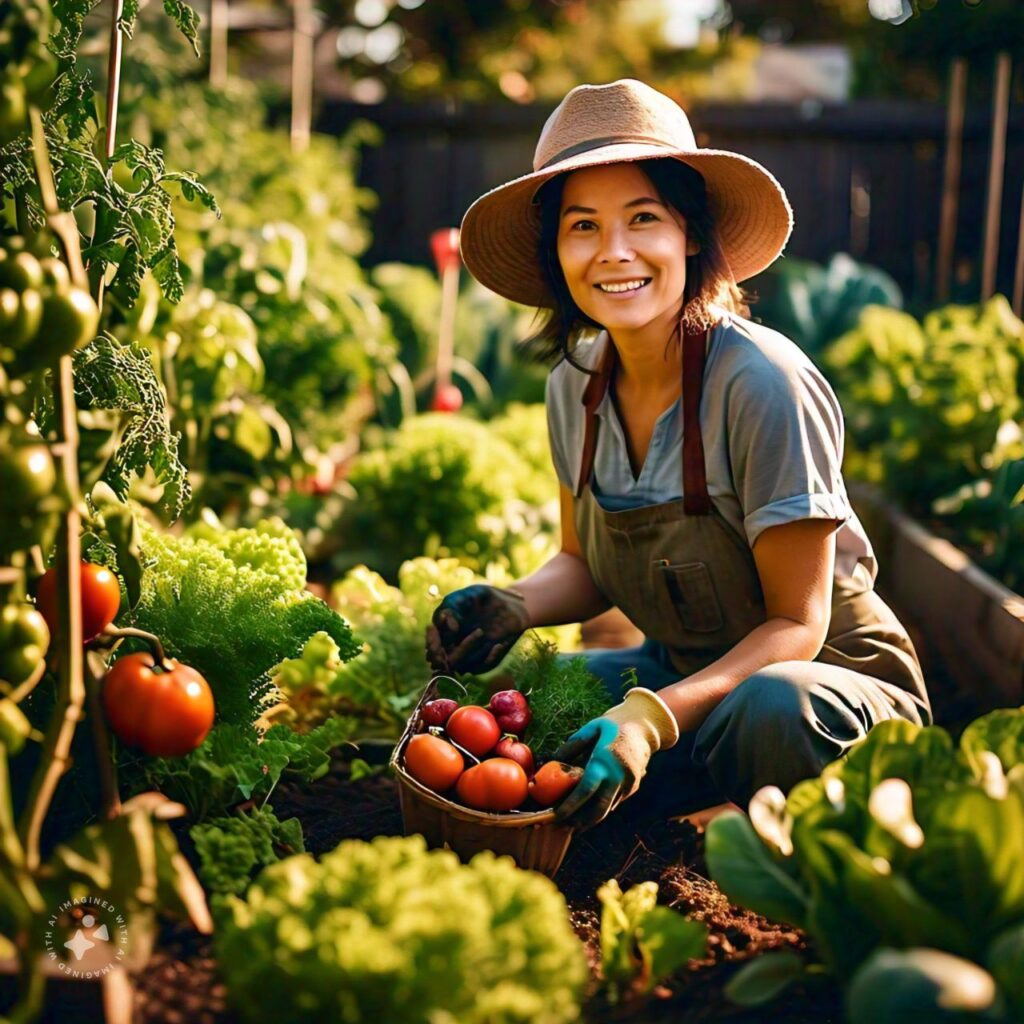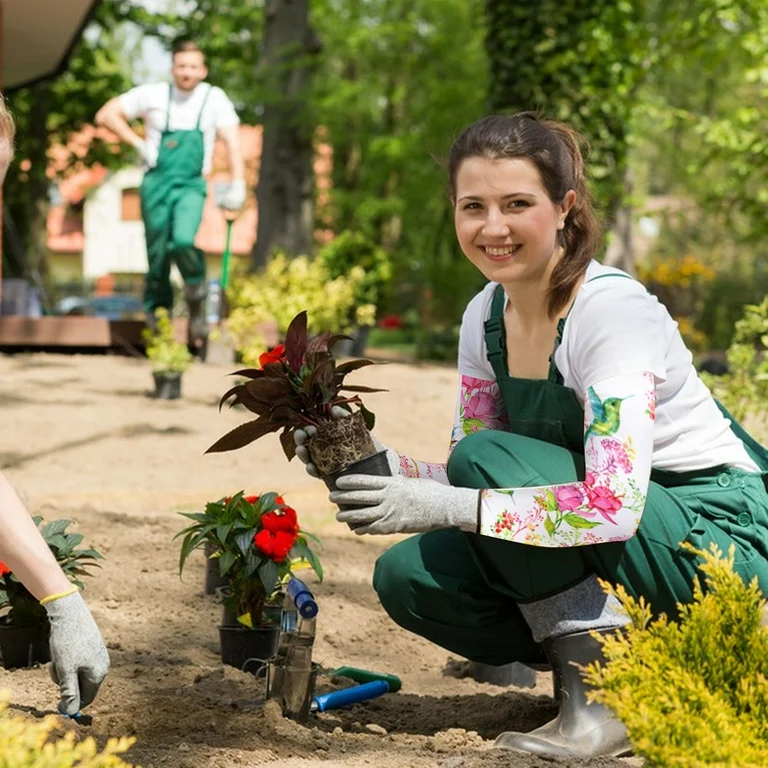Container gardening is an innovative and versatile way to grow a variety of plants in a limited space. Whether you live in an urban apartment or have a small backyard, container gardening allows you to create a thriving garden on your balcony, patio, or even windowsill. With the right knowledge and techniques, you can successfully grow flowers, herbs, vegetables, and even small fruit trees in containers. This comprehensive guide will walk you through the essentials of container gardening and offer valuable tips on what to grow.
Why Choose Container Gardening?
Container gardening offers numerous benefits, making it an appealing option for both novice and experienced gardeners. Here are some reasons why container gardening might be the perfect choice for you:
- Space Efficiency: Containers allow you to garden in small spaces, making it ideal for urban dwellers with limited outdoor areas.
- Portability: You can easily move containers to different locations to optimize sunlight exposure or to protect plants from harsh weather conditions.
- Soil Control: Using containers gives you complete control over the soil quality, ensuring that your plants receive the right nutrients for healthy growth.
- Pest Management: Containers can help reduce the risk of soil-borne pests and diseases, as you can control the environment more effectively.
- Aesthetics: Containers add a decorative element to your garden, allowing you to create visually appealing arrangements with various plants.
Choosing the Right Containers
Selecting the right containers is crucial for the success of your container garden. Here are some factors to consider:
- Size: The container size should match the mature size of the plant you intend to grow. Larger containers provide more room for root development and reduce the need for frequent watering.
- Material: Containers are available in various materials, including plastic, clay, terracotta, wood, and metal. Each material has its pros and cons. For instance, clay pots are porous and allow for better air circulation, while plastic pots are lightweight and retain moisture better.
- Drainage: Ensure that the container has adequate drainage holes to prevent waterlogging, which can lead to root rot. If the container lacks drainage, consider drilling holes or placing a layer of gravel at the bottom.
- Mobility: Consider the weight and portability of the container, especially if you plan to move it around frequently. Use pots with wheels or place containers on rolling stands for easy mobility.
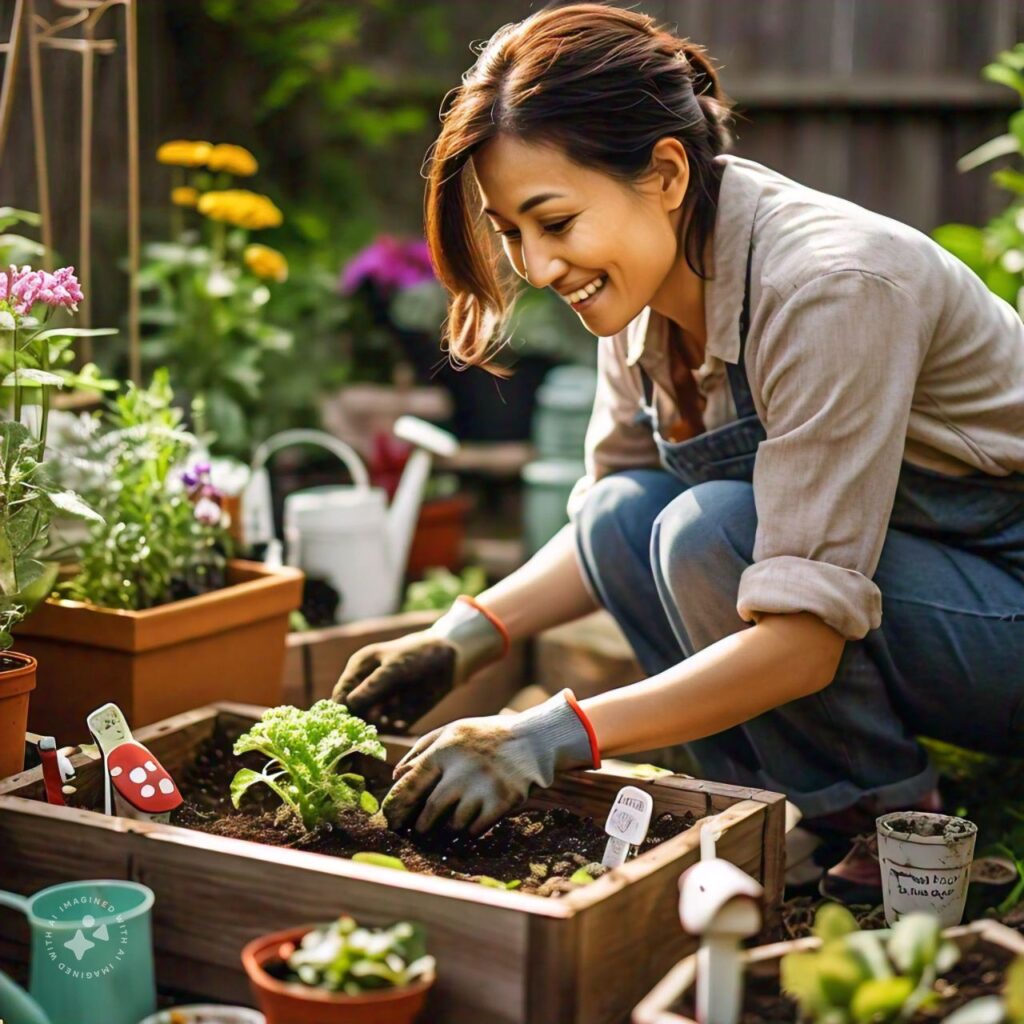
Choosing the Right Soil
The quality of the soil you use in your containers is critical to the health and productivity of your plants. Here’s what you need to know about choosing the right soil:
- Potting Mix: Use a high-quality potting mix specifically designed for containers. Unlike garden soil, potting mixes are lightweight, well-draining, and enriched with essential nutrients.
- Organic Matter: Incorporate organic matter like compost or well-rotted manure into the potting mix to enhance soil fertility and improve moisture retention.
- pH Levels: Ensure that the potting mix has the appropriate pH level for the plants you are growing. Most vegetables and flowers thrive in a slightly acidic to neutral pH range (6.0-7.0).
- Soil Amendments: Consider adding perlite or vermiculite to the potting mix to improve aeration and drainage, especially for plants that prefer drier conditions.
What You Can Grow in Container Gardening
The possibilities are virtually endless when it comes to what you can grow in containers. Here are some popular choices for container gardening:
1. Vegetables
Container gardening is ideal for growing a wide range of vegetables. Some of the best options include:
- Tomatoes: Cherry, grape, and determinate varieties of tomatoes thrive in containers. Use a large pot with a trellis or stake for support.
- Peppers: Both sweet and hot peppers do well in containers. Choose a sunny spot and ensure the soil is rich in organic matter.
- Lettuce: Leafy greens like lettuce, spinach, and arugula are perfect for containers. They grow quickly and can be harvested multiple times.
- Cucumbers: Compact or bush varieties of cucumbers are suitable for container gardening. Use a trellis to support the vines.
- Carrots: Choose a deep container for growing carrots. Shorter varieties like “Nantes” or “Chantenay” are well-suited for containers.
2. Herbs
Herbs are one of the most popular choices for container gardening. They are easy to grow and can be used fresh or dried in various dishes. Consider planting:
- Basil: A sun-loving herb that grows well in containers. Keep the soil moist and harvest regularly to encourage bushy growth.
- Mint: Mint spreads rapidly, making it ideal for containers to prevent it from overtaking your garden. It prefers partial shade.
- Rosemary: This drought-tolerant herb thrives in well-drained soil and full sun. Use a larger container for healthy growth.
- Thyme: Thyme is a hardy herb that does well in containers. It prefers a sunny location and well-drained soil.
- Parsley: Parsley can be grown in smaller pots and requires regular watering and partial sunlight.
3. Flowers
Container gardening is perfect for growing a variety of flowers, adding color and fragrance to your outdoor space. Some excellent choices include:
- Petunias: These vibrant, long-blooming flowers are perfect for hanging baskets and containers. They thrive in full sun.
- Geraniums: Geraniums are versatile and come in various colors. They prefer well-drained soil and plenty of sunlight.
- Marigolds: Marigolds are easy to grow and deter pests. They do well in containers and add a bright splash of color.
- Begonias: Begonias are shade-tolerant and produce beautiful blooms. They require regular watering and rich soil.
- Pansies: Pansies are cold-hardy and bloom in early spring or fall. They prefer cool temperatures and partial shade.
4. Small Fruit Trees
Believe it or not, you can even grow small fruit trees in containers. These trees require larger containers and a bit more care, but they can be highly rewarding. Consider growing:
- Citrus Trees: Dwarf varieties of lemon, lime, and orange trees do well in containers. They need full sun and regular fertilization.
- Fig Trees: Figs can be grown in containers, especially dwarf varieties. They require full sun and well-drained soil.
- Apple Trees: Dwarf apple trees can thrive in large containers. They need a sunny spot and regular watering.
- Blueberries: Blueberries are well-suited for container gardening. They prefer acidic soil and full sun.
- Pomegranates: Dwarf pomegranate trees are perfect for containers. They need full sun and well-drained soil.
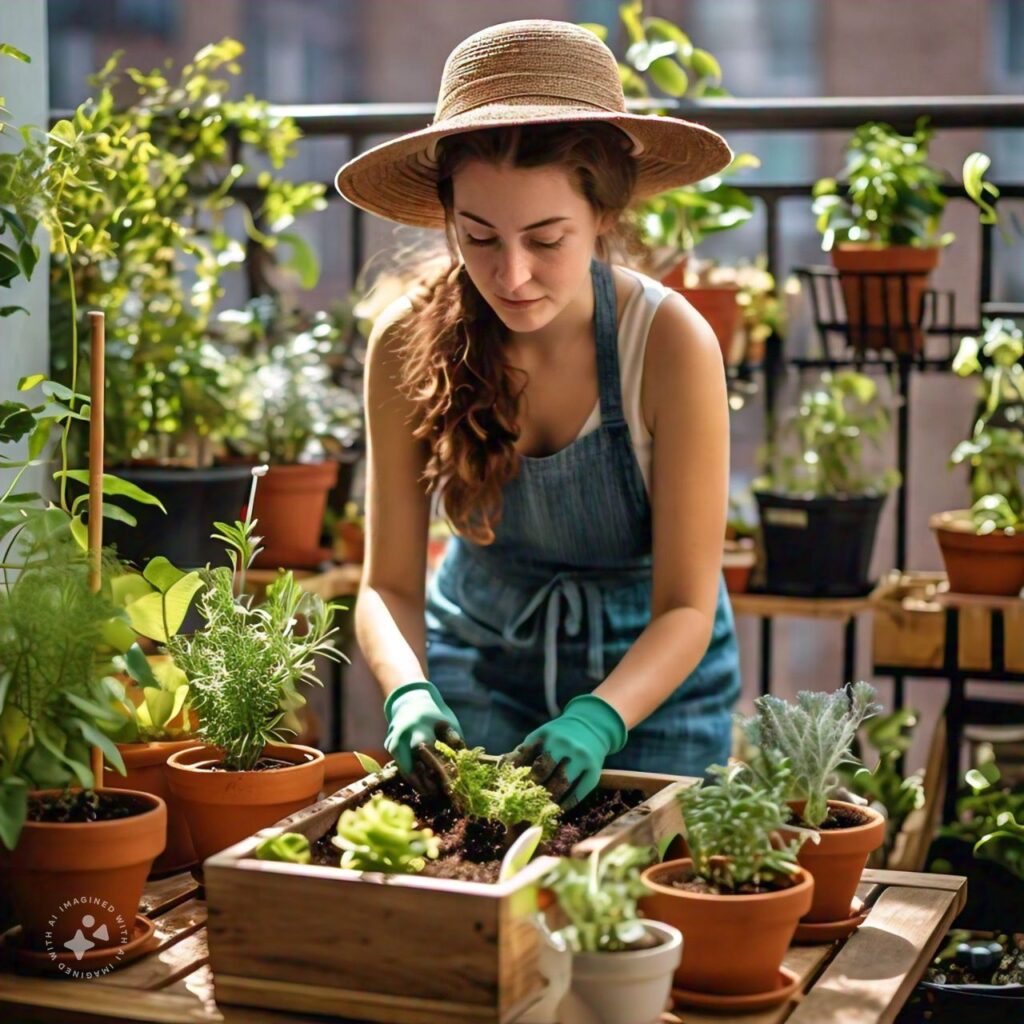
Caring for Your Container Garden
Proper care is essential to keep your container garden thriving. Here are some tips to ensure your plants stay healthy:
- Watering: Container plants require more frequent watering than those in the ground. Water thoroughly until water drains out of the bottom, but avoid waterlogging.
- Fertilizing: Regularly fertilize your container plants with a balanced, slow-release fertilizer. Liquid fertilizers can also be used during the growing season to boost plant health.
- Pruning: Regularly prune your plants to remove dead or diseased leaves, encourage bushy growth, and prevent overcrowding.
- Pest Control: Monitor your plants for pests and diseases. Use organic pest control methods like neem oil, insecticidal soap, or introducing beneficial insects.
- Repotting: Some plants may outgrow their containers and require repotting into larger pots. Repot during the growing season and refresh the soil.
Conclusion
Container gardening is a versatile and accessible way to bring the joy of gardening into any space, no matter how small. By selecting the right containers, soil, and plants, and providing proper care, you can create a thriving garden that produces a bountiful harvest of vegetables, herbs, flowers, and even fruits. Whether you’re a seasoned gardener or just starting, container gardening offers endless possibilities for creativity and productivity.
